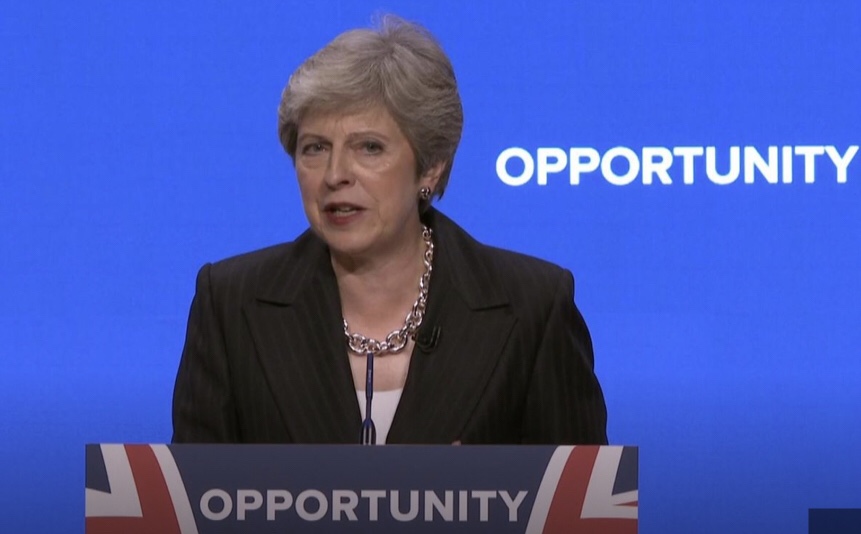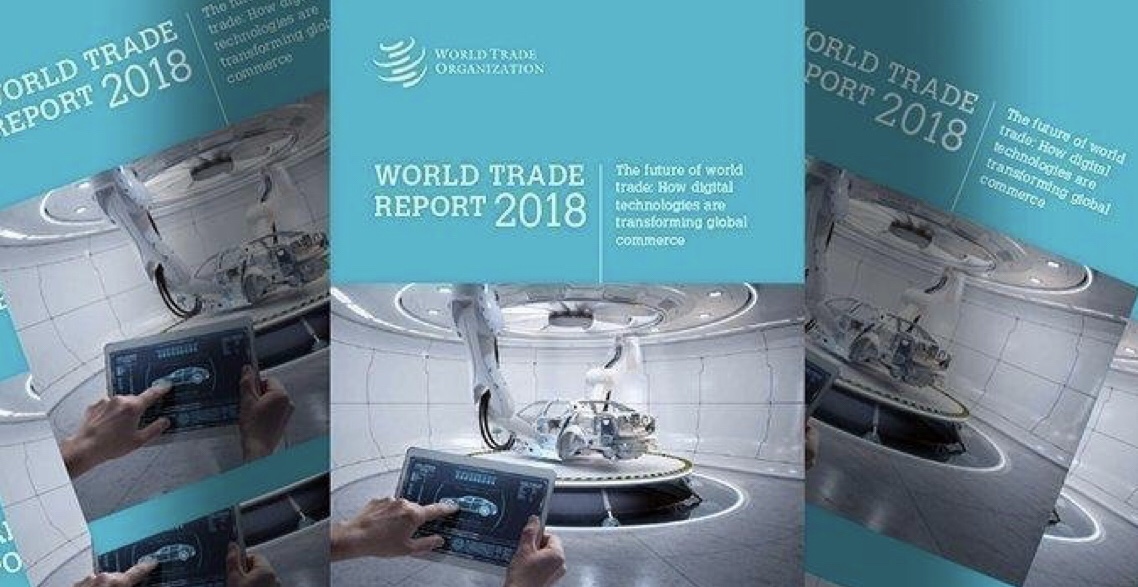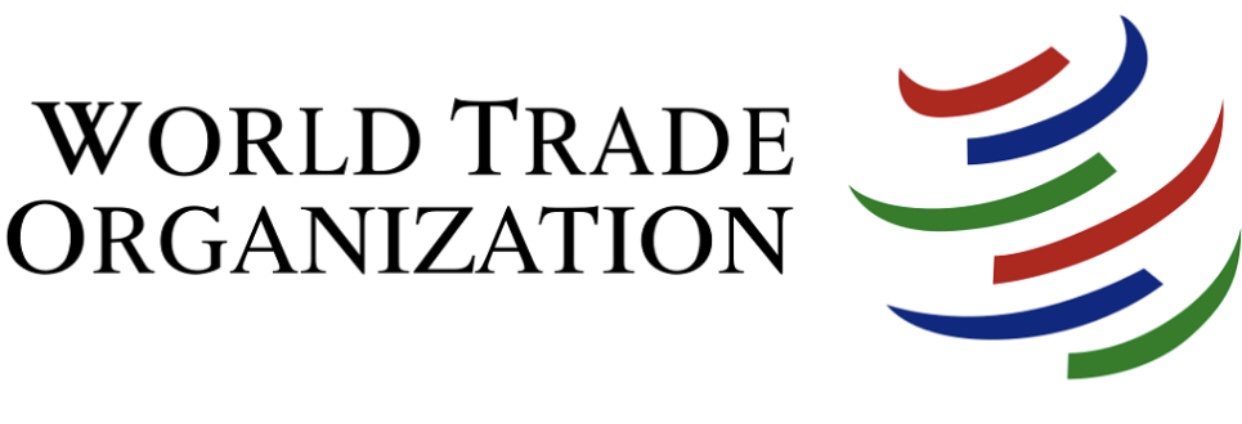it all happened to the soundtrack of ABBAs Dancing Queen. UK PM Theresa May entered the stage at the Tory Cobfernece yesterday for the big speech. SkyNews described it like this.
Ten years after the financial crash, the prime minister said the British people were crying out for light at the end of the tunnel and “our message to them must be this: ‘we get it'”.

Delivering her speech at the Conservative Party conference in Birmingham, Mrs May said the Tories needed to show voters they were “not just a party to clean up a mess”, but also capable of guiding Britain to a “better future”.
She said: “Sound finances are essential but they are not the limit of our ambition.
“Because you made sacrifices, there are better days ahead.
“So when we’ve secured a good Brexit deal for Britain, at the spending review next year we will set out our approach to the future. Debt as a share of the economy will continue to go down, support for public services will go up.
“Because a decade after the financial crash, people need to know that the austerity it led to is over and that their hard work has paid off.”
In the run-up to the conference, the PM has come under pressure to abandon her Chequers plan for Brexit – but in her speech, Mrs May made clear she was sticking to her guns on Brexit.
“If we stick together and hold our nerve, I know we can get a deal that delivers for Britain,” she said.
Mrs May did not use the word “Chequers” in her speech, but aides insisted this was not intended as a signal that she has moved away from the blueprint agreed by her Cabinet in July.
And while she did not mention Boris Johnson by name, there were two pointed rebukes for her former foreign secretary, who used a high-profile speech at a conference fringe event to criticise her Brexit plan.
First, she said those who want to deliver Brexit “need to come together now”, and warned: “If we don’t – if we all go off in different directions in pursuit of our own visions of the perfect Brexit – we risk ending up with no Brexit at all.”
Here is a link to the entire article: Theresa May: ‘Good’ Brexit deal will mean end to austerity
Source: SkyNews
The 2018 edition of the WTO’s flagship publication, the World Trade Report, finds that digital technologies — namely the Internet of Things, artificial intelligence, 3D printing and Blockchain — will have a profound impact on global trade, adding up to 34 percentage points to trade growth by 2030 thanks to lower costs and higher productivity. However, they could also create a challenging environment for those seeking to keep up with the latest innovations. The Report was launched yesyerday (3 October) at the WTO Public Forum.

The report shows that digital technologies are likely to further reduce trade costs and boost trade significantly, especially in services and for developing countries. Global trade is projected to grow by an additional 2 percentage points annually between 2016 and 2030 as a result of digitalization, falling trade costs and the increased use of services. This corresponds with a 31-34 percentage point higher trade growth over 15 years.
The share of services in global trade is projected to grow from 21 per cent in 2016 to 25 per cent in 2030. The report also finds that the reduction in trade costs could be especially beneficial for micro, small and medium sized enterprises (MSMEs) and firms from developing countries, provided they have the ability to keep up with the adoption of digital technologies. In the best scenario, developing and least-developed economies’ share in global trade is predicted to grow to 57 per cent by 2030, from 46 per cent in 2015, whereas if they cannot keep up, this share is predicted to rise to 51 per cent.
The report discusses how digital technologies can unlock savings, such as through better route planning, autonomous driving and smart inventories made possible by artificial intelligence and robotics. Blockchain solutions – a system of decentralized, digital transactions – can reduce time spent on customs compliance and logistics. The Internet of Things, the networking and processing capabilities of everyday objects, can help to improve operational efficiency through better preventative maintenance of machinery and products. These technologies can therefore reduce transportation and storage costs, which represent a major share of overall trade costs.
Digital technologies can also significantly affect what the world trades. For example, remote controlled robotics have led to revolutionary advances in trade in services and the emergence of new services such as telesurgery. Enhanced technological capacities which allow faster and simpler processing of traded products could also foster trade in time-sensitive, certification-intensive and contract-intensive goods.

The report argues that new technologies are likely to change the established ways the world trades, with comparative advantages predicted to change across economies. AI, 3D printing and advanced robotics could reduce the role of labour as a source of comparative advantage, while factors such as the quality of digital infrastructure and market size as well as institutional and regulatory determinants of comparative advantage, including intellectual property protection, might become more relevant. 3D printing, furthermore, may to some extent reduce the need for outsourced assembly, the number of production steps and other factors related to global value chains.
The report identifies certain areas which may warrant international cooperation. These include key initiatives being undertaken by multilateral organizations such as facilitating a favourable legal and regulatory framework, competition-related issues, intellectual property rules, supporting MSMEs, promoting digital inclusion, and addressing challenges related to trade facilitation and infrastructure for information communication technology. The report concludes that, overall, the expansion of digital trade holds the potential to generate considerable benefits if it takes place under conditions that adequately address important public policy challenges. Issues concerning inclusiveness, privacy protection and cybersecurity are likely to figure prominently in debates on the future governance of digital trade.
Here is a link to the Executive Summary pf the report: https://www.wto.org/english/res_e/publications_e/executive_summary_world_trade_report18_e.pdf
Source: WTO
Congratualtions today to the best football player of Sweden ever.

Happy Birthday, Zlatan Ibrahimovic.
Malmö FF 40 games/16 goals
Ajax 74/35
Juventus 70/23
Inter 88/58
Barcelona 29/16
Milan 61/42
PSG 122/113
Manchester United 33/17
Los Angeles Galaxy 24/20
Swedish National Team 116/62
- 500 professional goals
- Champion in six countries
- 34 titles






You must be logged in to post a comment.